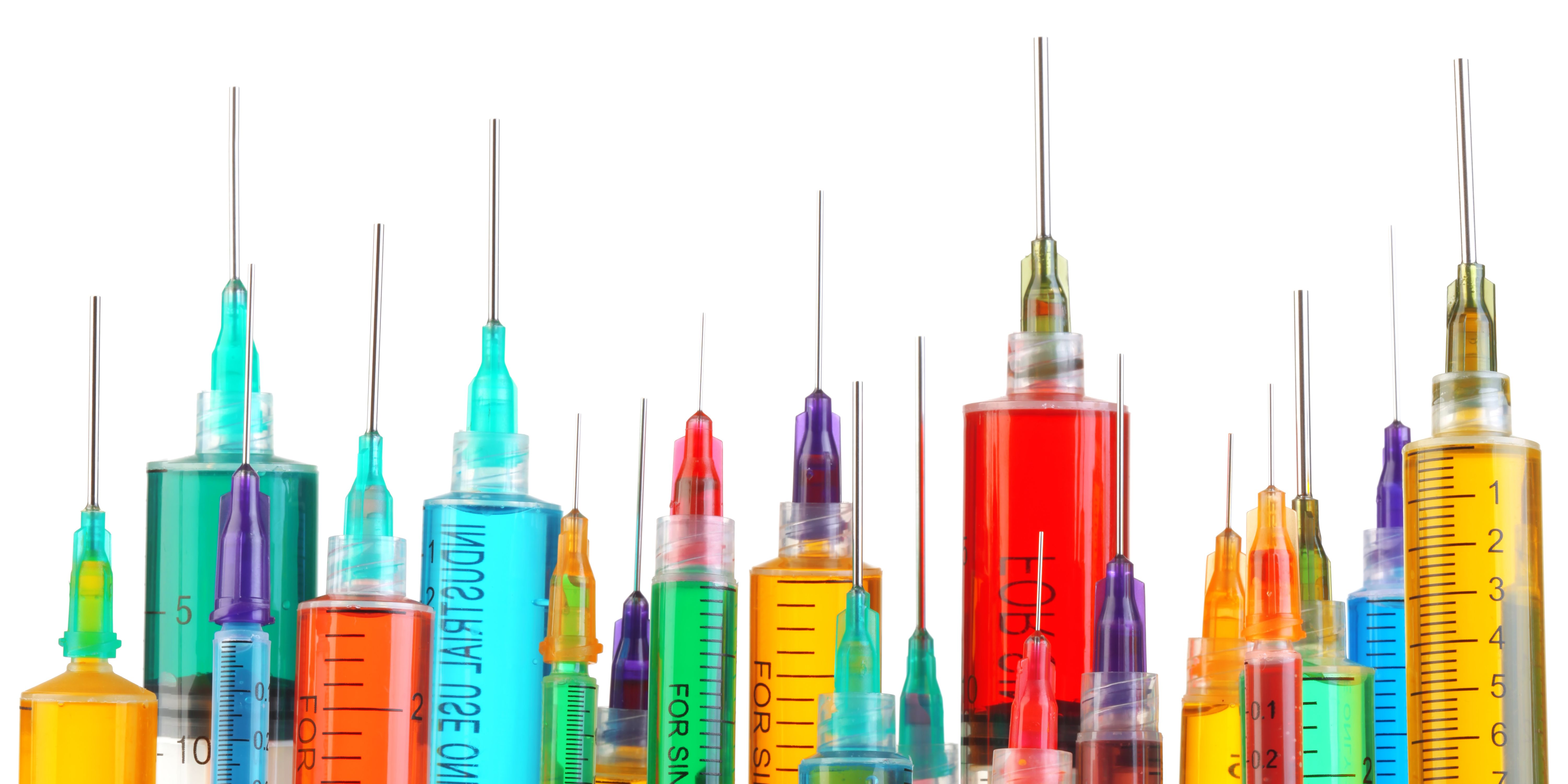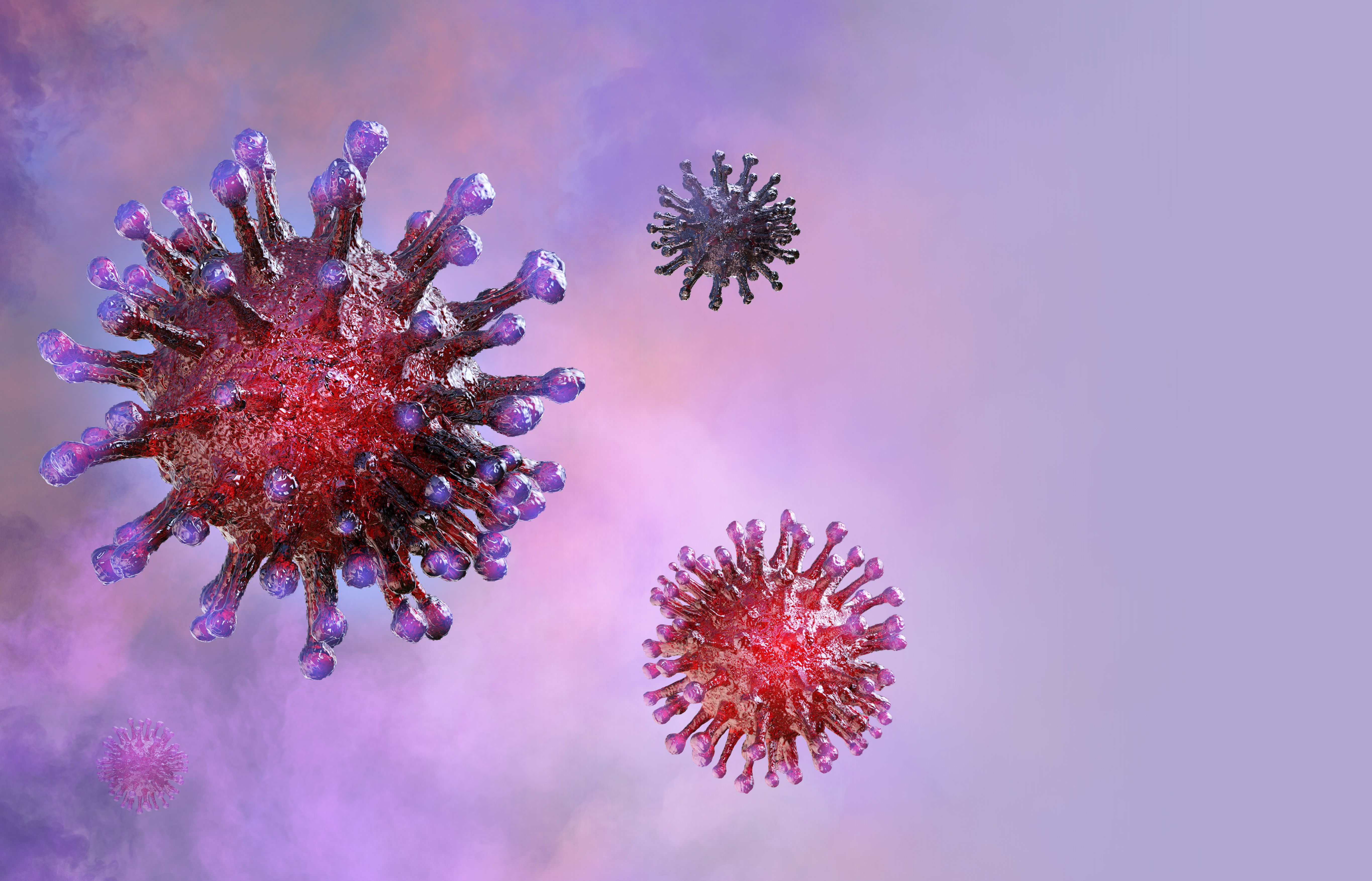
COVID-19
Latest News
Latest Videos

CME Content
More News
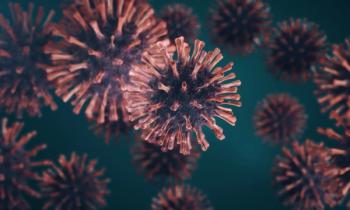
Results of the analysis may help inform future COVID-19 vaccine development, investigators say.
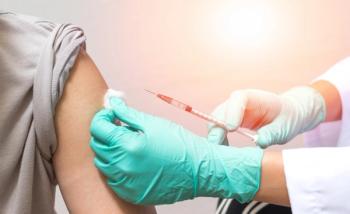
During the period in which Omicron was the dominant variant, the researchers found that fewer patients died while hospitalized compared with those admitted when the Delta variant was dominant.

Jeff Trinkl, MD, director of clinical informatics at Epic, and Caleb Cox, data scientist at Epic, explain that only about 1.8% of patients contracted COVID-19 during a hospital stay at the highest peak of cases in December 2020.
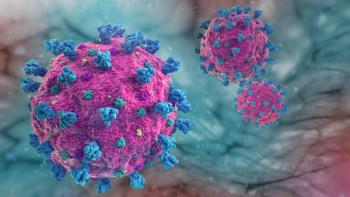
Sachin Nagrani, MD, the medical director of Heal, discusses his predictions for the future as we continue to fight the COVID-19 pandemic.
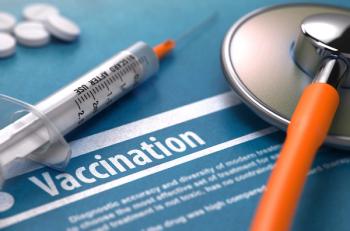
Although prevention decreased with time, a third booster dose was still highly effective at preventing severe illness with COVID-19.
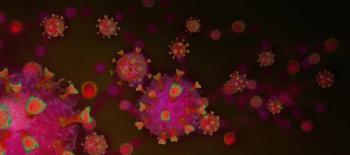
The variants include Alpha, Beta, Gamma, Delta, and Omicron, and the laboratory results are consistent with other analyses.
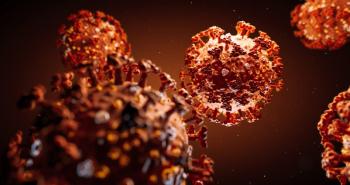
Sachin Nagrani, MD, the medical director of Heal, discusses what pharmacists should know about the Omicron variant and other variants popping up globally.
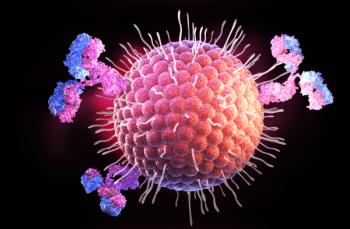
But results of analysis show that the positive effects of vaccination still outweigh the potential adverse events.
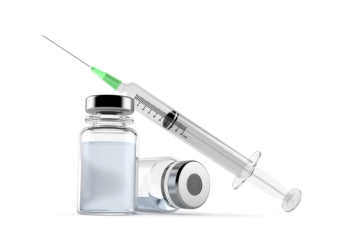
NVX-CoV2373 (Novavax) was found to provide 100% protection against moderate and severe disease and 90.4% efficacy overall in a phase 3 trial last year.

Sachin Nagrani, MD, the medical director of Heal, discusses Pfizer’s research assessing an Omicron-specific vaccine for adults aged 18 to 55 years.

Adversity has disproportionately hurt certain populations, including essential workers and women, the results of a new analysis show.

The use of these services in oncology is likely here to stay.
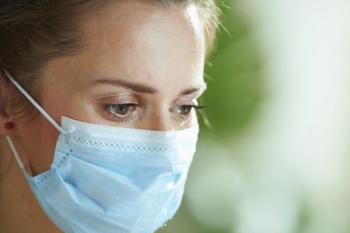
Ronald T. Piervincenzi, CEO of US Pharmacopeia, discusses how building resilience in the medicine supply chain will help bolster preparedness for what may arise during the COVID-19 pandemic and beyond.

Bebtelovimab gets Emergency Use Authorization to treat mild-to-moderate COVID-19 in adults and pediatric patients who are at high risk for progression to severe COVID-19.

Ronald T. Piervincenzi, CEO of US Pharmacopeia, discusses how drug shortages are related to medicine quality issues.
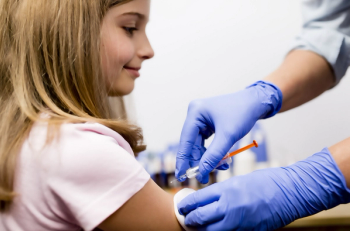
Study shows that 98% of cases of multi-system inflammatory syndrome in children (MIS-C) were unvaccinated, suggesting that vaccination reduces the chance of a child who had COVID-19 later developing MIS-C.

Study shows that treatment with rituximab (Rituxan) for B-cell non-Hodgkin lymphoma prior to COVID-19 vaccination significantly lowered the number of patients who developed blocking antibodies for the virus.
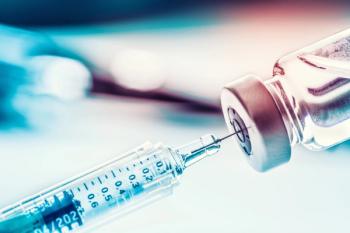
Data suggest that omicron-specific CD8-positive T cell responses were more than 80% cross-reactive with the CD8-positive T cell response to the original strain of the virus.

Following the first 3 days after a COVID-19 diagnosis, the risk of stroke quickly decreased.
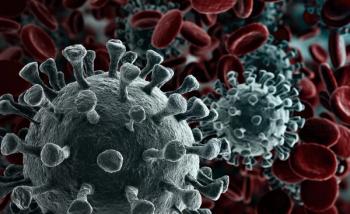
Monoclonal antibodies are highly effective at treating the virus, but they have often gone to the healthiest patients, instead of those over aged 65 years.

The results of a pilot program investigating the efficacy of remote patient monitoring for patients with cancer showed that it helped to keep high-risk individuals out of the hospital.

Communication, flexibility, and virtual solutions will remain key as the COVID-19 pandemic continues.

Millions of people are still getting COVID-19, so the need for additional tools to fight the virus remains strong.
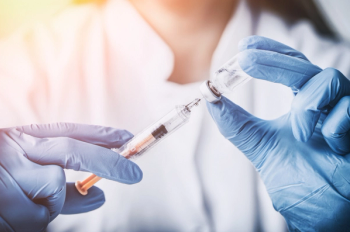
Pfizer and BioNTech are seeking an Emergency Use Authorization for their COVID-19 vaccine to include children 6 months through 4 years of age.

Being fully vaccinated was associated with a lower risk of requiring supplemental oxygen compared to being unvaccinated, as well as a lower risk of intensive care unit admission.




